Swiss focus on equal pay and gender equality in New York
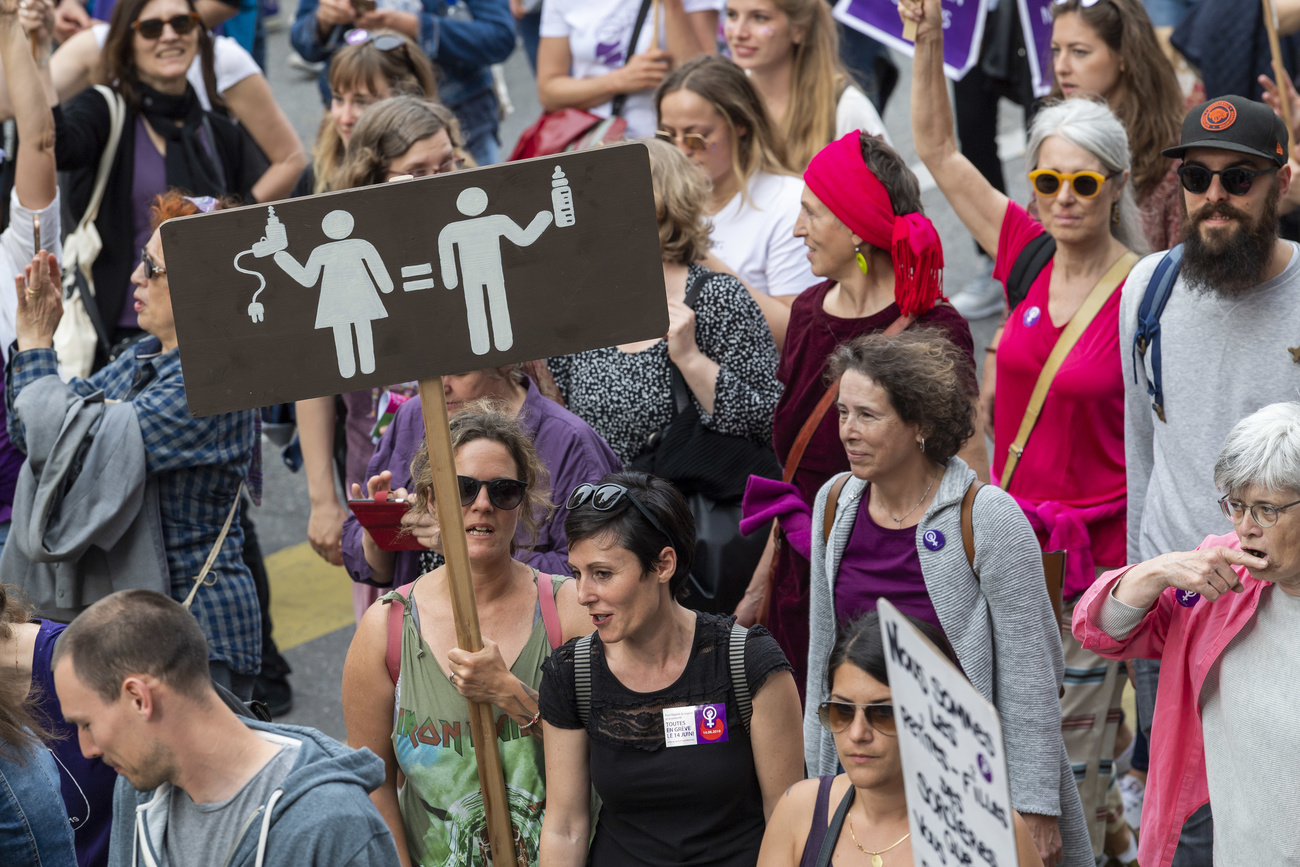
At this year’s session of the UN Commission on the Status of Women (CSW), Switzerland is focusing on equal pay, women’s economic independence, sexual and reproductive health rights, and the fight against discrimination and violence.
The main focus of the 65th CSW, which opened on Monday in New York, is the participation of women in decision-making in public life and the elimination of violence against women. Attending virtually, the Swiss delegation is led by Home Affairs Minister Alain Berset. This year, the updated Women’s Human Rights app (W’sHR app) – developed by Switzerland – will be available during negotiations on the agreed conclusions document.
“The coronavirus crisis has had a disproportionate impact on women, both in economic and social terms. Gains made in gender equality over the past few decades could be lost to this crisis. To prevent this from happening, the international community must make a firm commitment: every effort must be made to ensure that progress achieved over the past few years is not undone by the Covid-19 pandemic,” noted Switzerland’s Federal Department of Foreign Affairs (FDFA) in a statementExternal link.
Switzerland, which has made gender equality a priority for both domestic and foreign policy, is holding two side events at the CSW. The gender pay gap will be discussed in cooperation with the Equal Pay International Coalition; in addition, Switzerland, together with the Parliamentary Assembly of the Council of Europe, is working on statistical data collection with a view to combating violence against women more effectively.
Another key aspect of this year’s CSW is the Women, Peace and Security agenda. In 2007, Switzerland was one of the first countries to implement the agenda through a National Action Plan (NAP). Switzerland is currently executing its fourth NAP (2018–2022), which includes getting more women involved in peace negotiations.
“This year’s main theme is also a priority area of Switzerland’s international development cooperation. The Swiss Agency for Development and Cooperation (SDC) provides targeted support to encourage women’s participation, particularly in local planning and budgeting processes or in electoral processes (both as candidates and voters). In Benin, for example, the SDC has been involved in training and mentoring young women to redress their under-representation in decision-making and the resulting lack of regard for their needs and problems in public policy. In 2019, more than three quarters of the 294 participants reported that their confidence and self-esteem had increased. 75% have joined, and are now active members of, a political party; this result is testimony to how their ambition and leadership have grown,” reported the FDFA.
At the national level, the 2030 gender equality strategy initiated by the Swiss government is set to be adopted in the first half of 2021. Last year, the revised Gender Equality Act (GEA) entered into force. Among other things, the GEA obliges employers with more than 100 employees to conduct an equal pay analysis. Government-affiliated companies will be required to reach a target of at least 40% women in their management bodies by the end of 2023 at the latest.
The 65th session of the @UNExternal link Commission on the Status of Women is happening from 15-26 March! #CSW65External link is focusing on women’s full and effective participation and decision-making in public life, as well as the elimination of violence. Learn more: https://t.co/lCjjUeeTypExternal link pic.twitter.com/lJww1q5R8xExternal link
— United Nations CSW (@UN_CSW) March 11, 2021External link

More
The long road to women’s suffrage in Switzerland
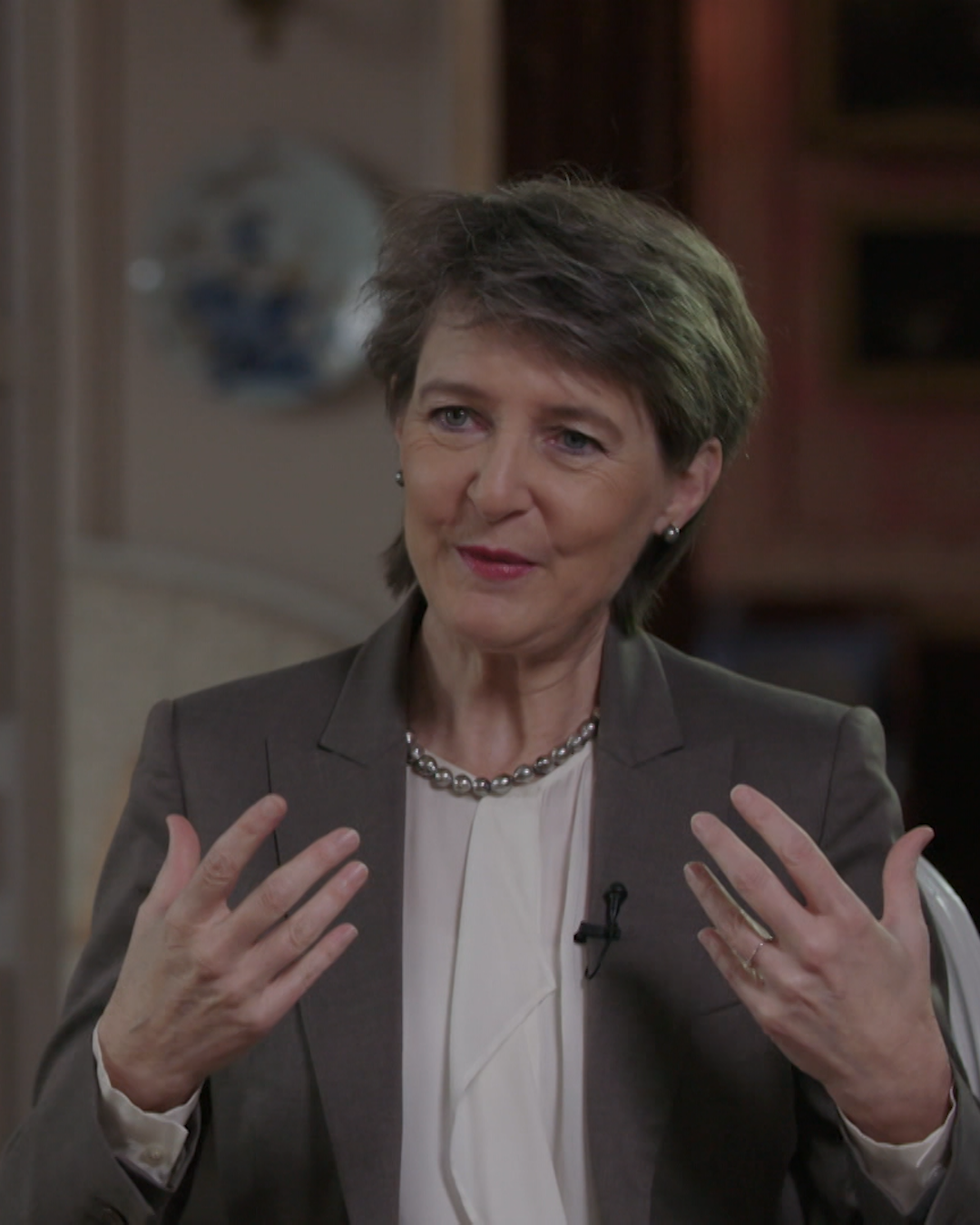
More
Top Swiss politician slams sexual inequalities

In compliance with the JTI standards
More: SWI swissinfo.ch certified by the Journalism Trust Initiative









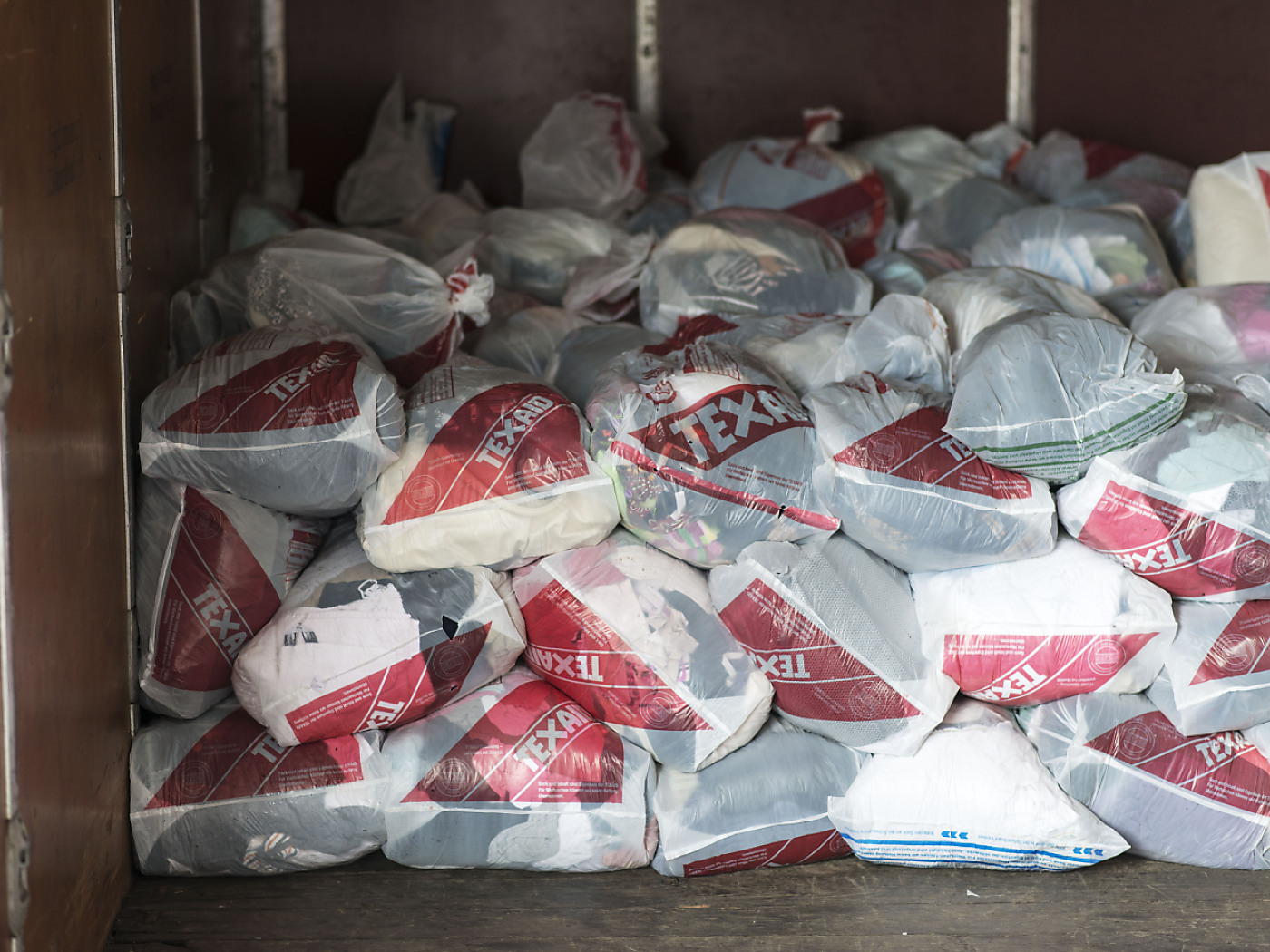

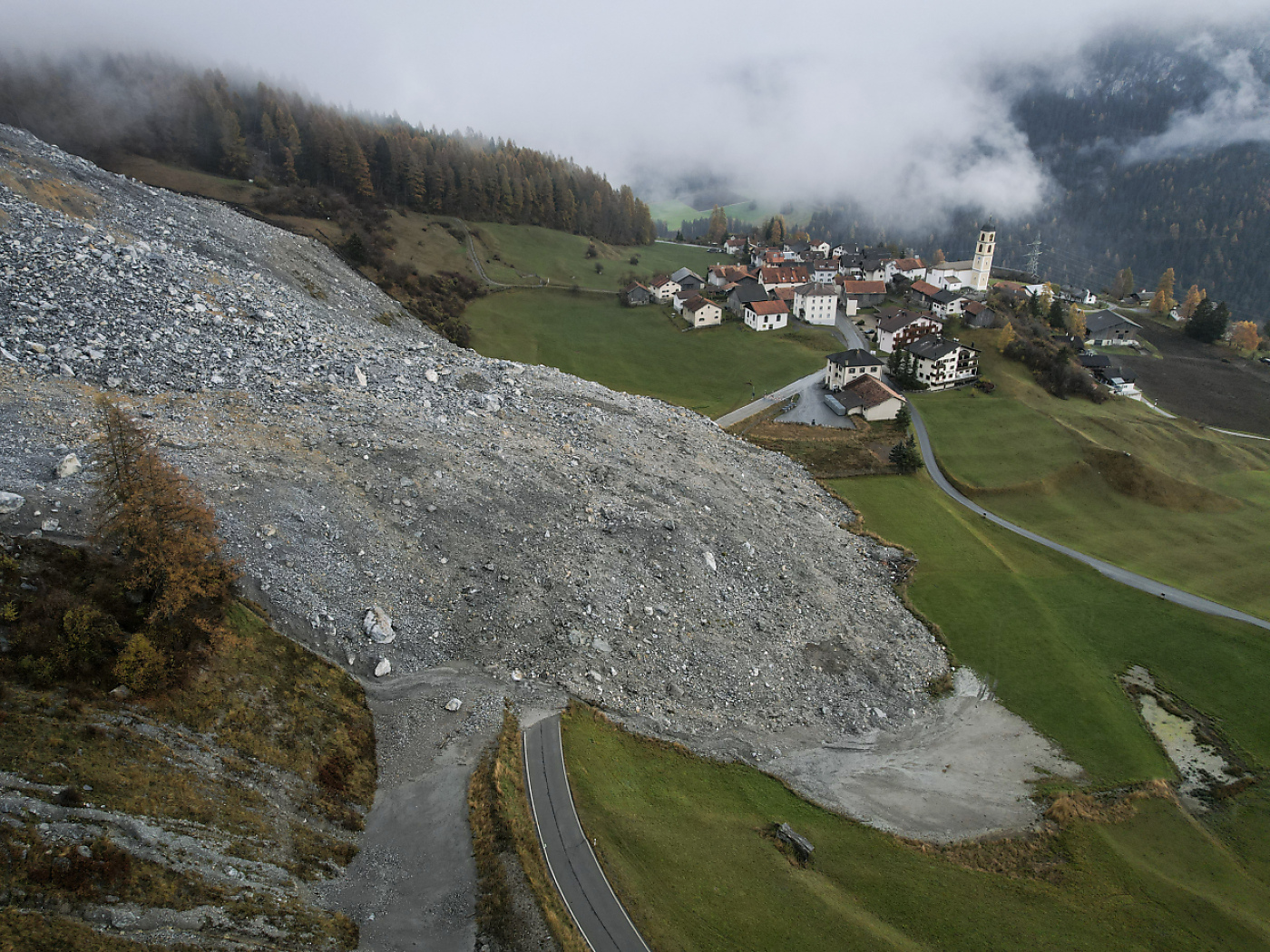
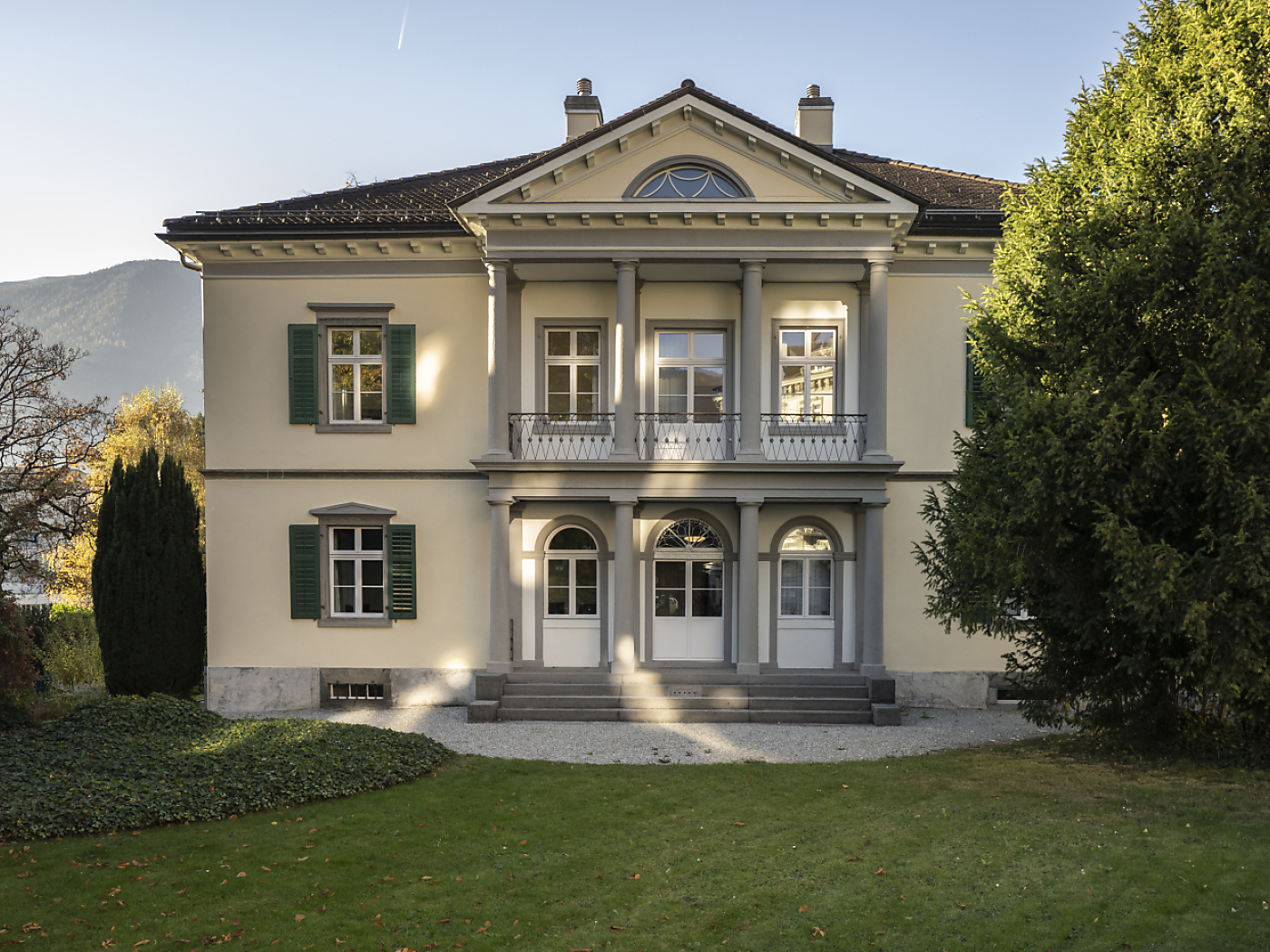
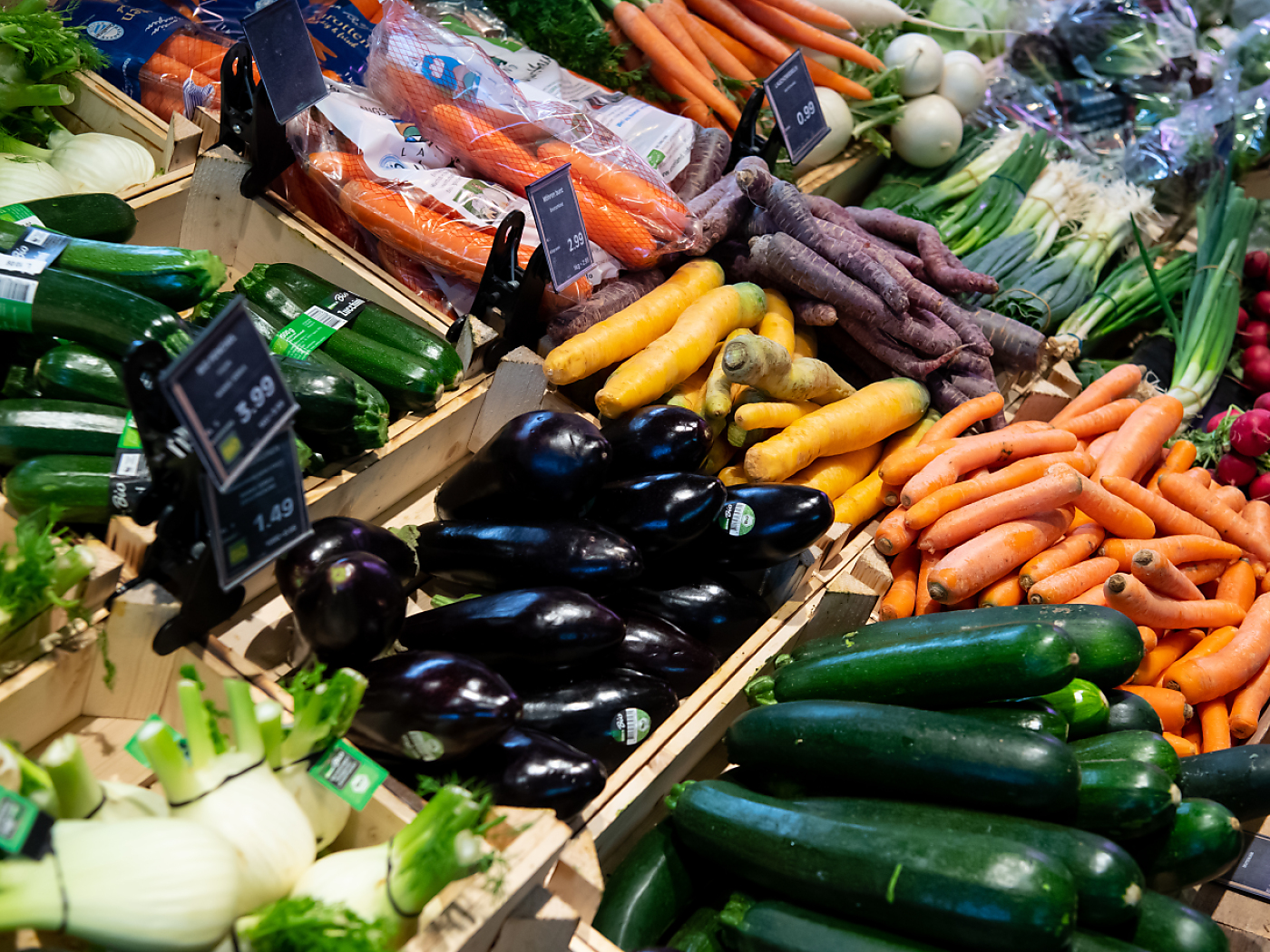
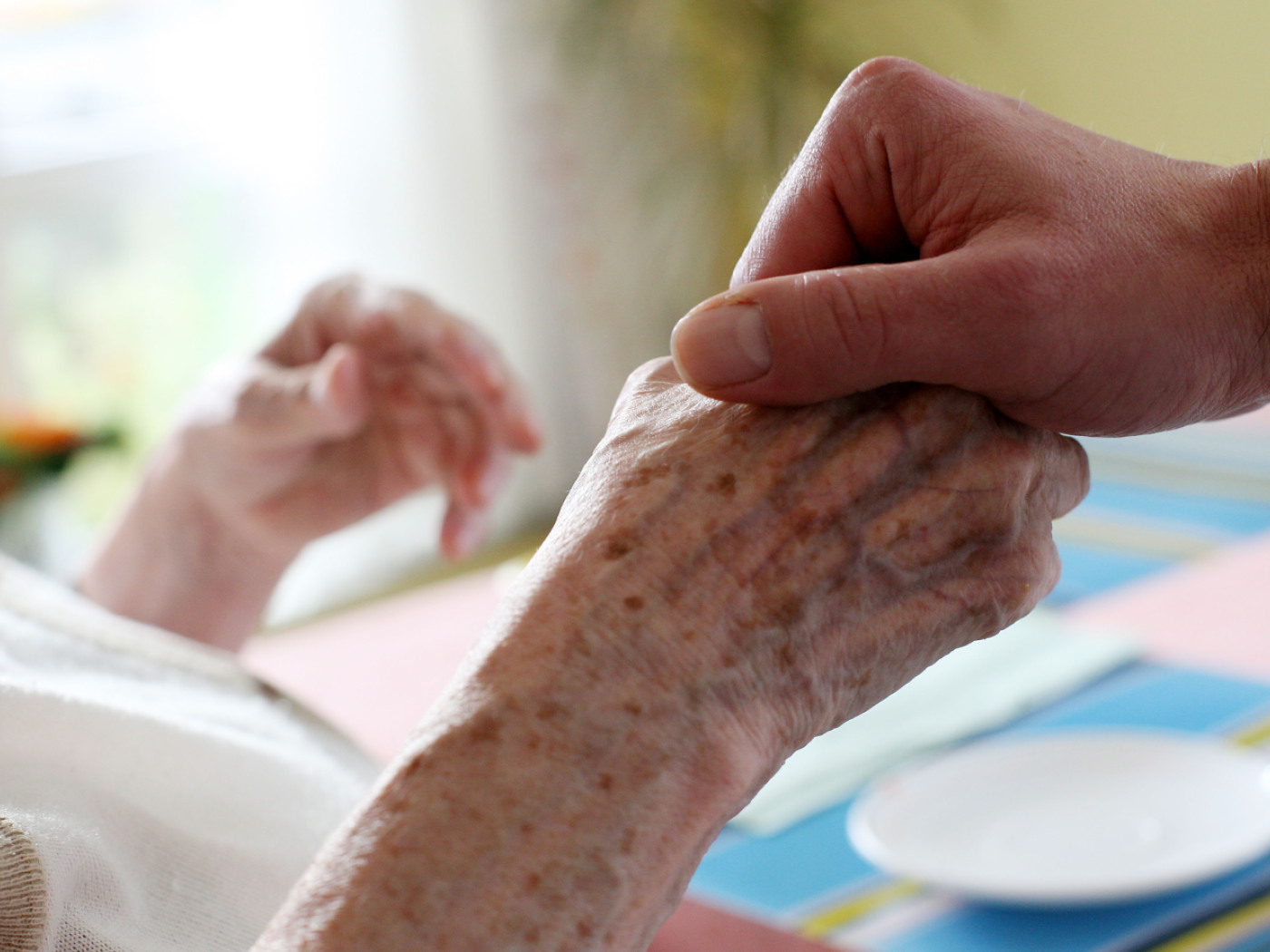



You can find an overview of ongoing debates with our journalists here . Please join us!
If you want to start a conversation about a topic raised in this article or want to report factual errors, email us at english@swissinfo.ch.